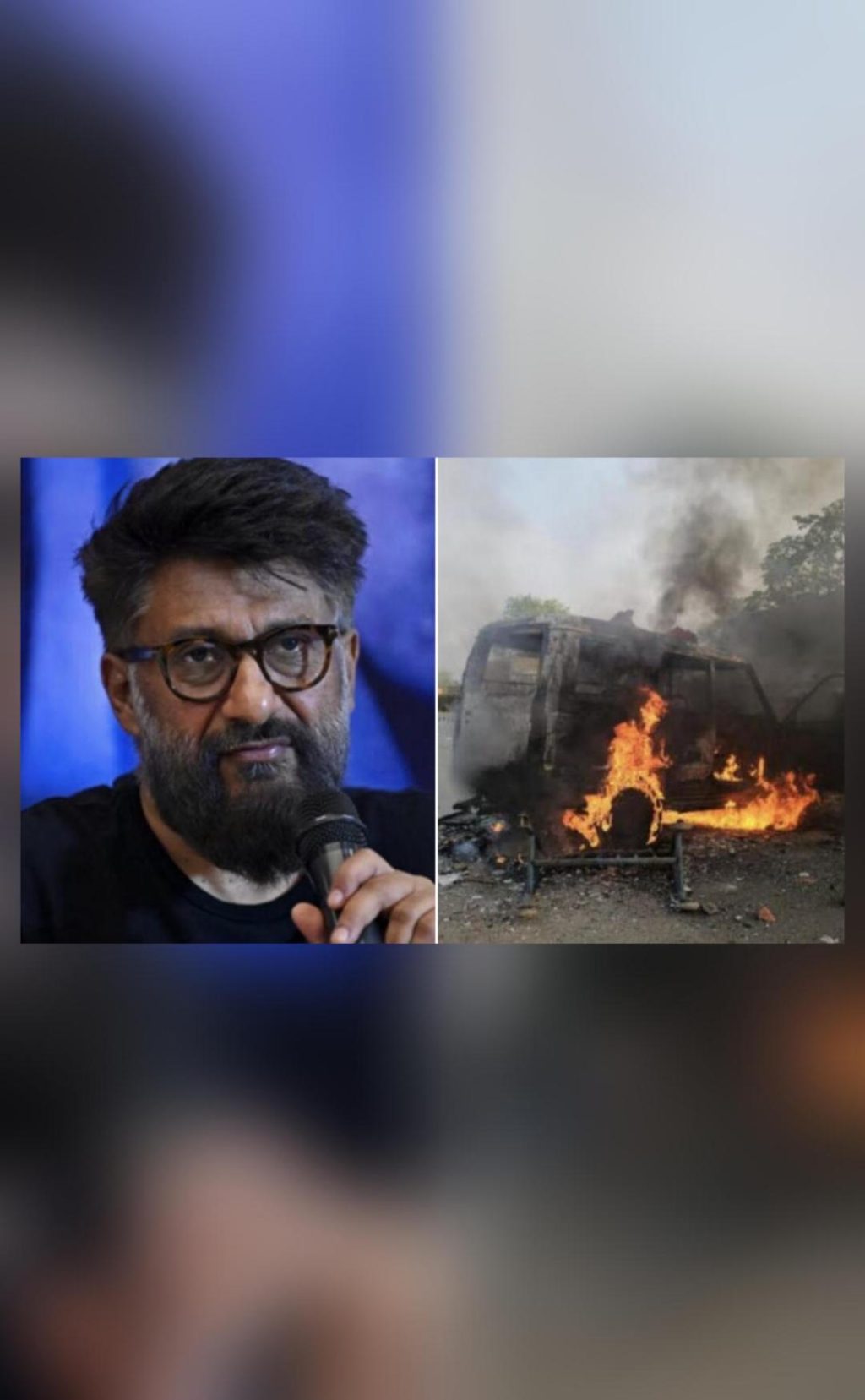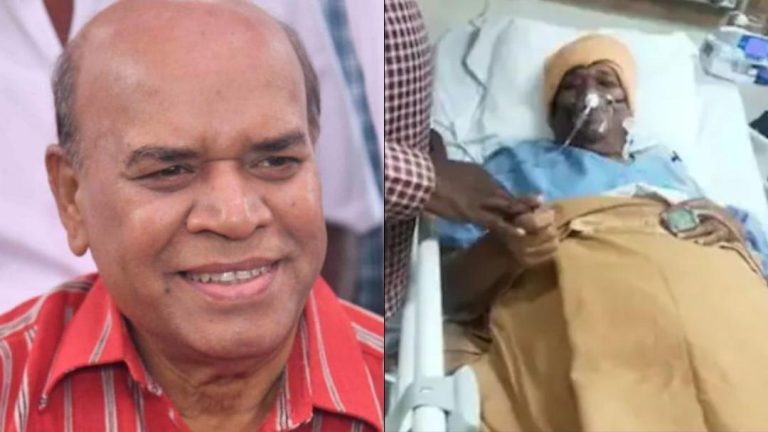
Was Impossible to Shoot in Murshidabad Amid Protests: Agnihotri
Filmmaker Vivek Agnihotri has added fuel to the ongoing debate about the contentious Waqf Amendment Act, which has sparked widespread protests across the country. In a recent tweet, Agnihotri claimed that it was impossible to film in Murshidabad for his upcoming movie “The Delhi Files” due to the lack of support from the government and police. His remarks come in the wake of incidents of violence reported in Murshidabad following protests against the Waqf Amendment Act.
Agnihotri took to Twitter to express his frustration, stating that the region felt like a “different country” to him and his team. He tweeted, “Just returned from Murshidabad. It was impossible to shoot for #TheDelhiFiles there. The government and police offered no support. The region felt like a different country to us.” His tweet has sparked a heated debate on social media, with many people coming out in support of the filmmaker’s claims.
The Waqf Amendment Act, which was passed by the government in September, has been widely criticized for its perceived attempts to dilute the powers of the Waqf Board, a statutory body responsible for managing Muslim religious properties. The protests against the act have been ongoing, with many Muslim groups and civil society organizations expressing their opposition to the legislation.
Agnihotri’s decision to make a movie on the theme of communal violence and terrorism is seen as a bold move, given the sensitive nature of the topic. His film, “The Delhi Files”, is based on the book “The Hindus: An Alternative History” by Wendy Doniger, which explores the history of Hinduism and its relationship with other religions. The book was withdrawn from the market in 2014 after a controversy over its content.
The filmmaker’s claims about the lack of support from the government and police in Murshidabad have been corroborated by other reports. According to news agencies, the region has been witnessing widespread protests and violence in the aftermath of the Waqf Amendment Act. The police have been criticized for their handling of the situation, with many accusing them of being biased towards one community.
The situation in Murshidabad is not unique. Similar protests and violence have been reported in other parts of the country, including Uttar Pradesh and Madhya Pradesh. The government has been accused of not doing enough to address the concerns of the Muslim community, with many seeing the Waqf Amendment Act as a move to consolidate the Hindu vote bank.
Agnihotri’s decision to make a movie on this theme is seen as a bold move, given the sensitive nature of the topic. His film is likely to spark a national debate on the issues of communal violence and terrorism, and the role of the government in addressing these concerns. The filmmaker’s claims about the lack of support from the government and police in Murshidabad are a sobering reminder of the challenges faced by filmmakers who choose to tackle sensitive topics.
In conclusion, Agnihotri’s claims about the impossibility of filming in Murshidabad amid protests are a stark reminder of the challenges faced by filmmakers who choose to tackle sensitive topics. The situation in Murshidabad is a microcosm of the larger debate on the Waqf Amendment Act and the role of the government in addressing the concerns of the Muslim community. As the country continues to grapple with these issues, it is essential that filmmakers like Agnihotri continue to push the boundaries of what is considered acceptable in Indian cinema.
Source: https://x.com/vivekagnihotri/status/1911256487923482879






